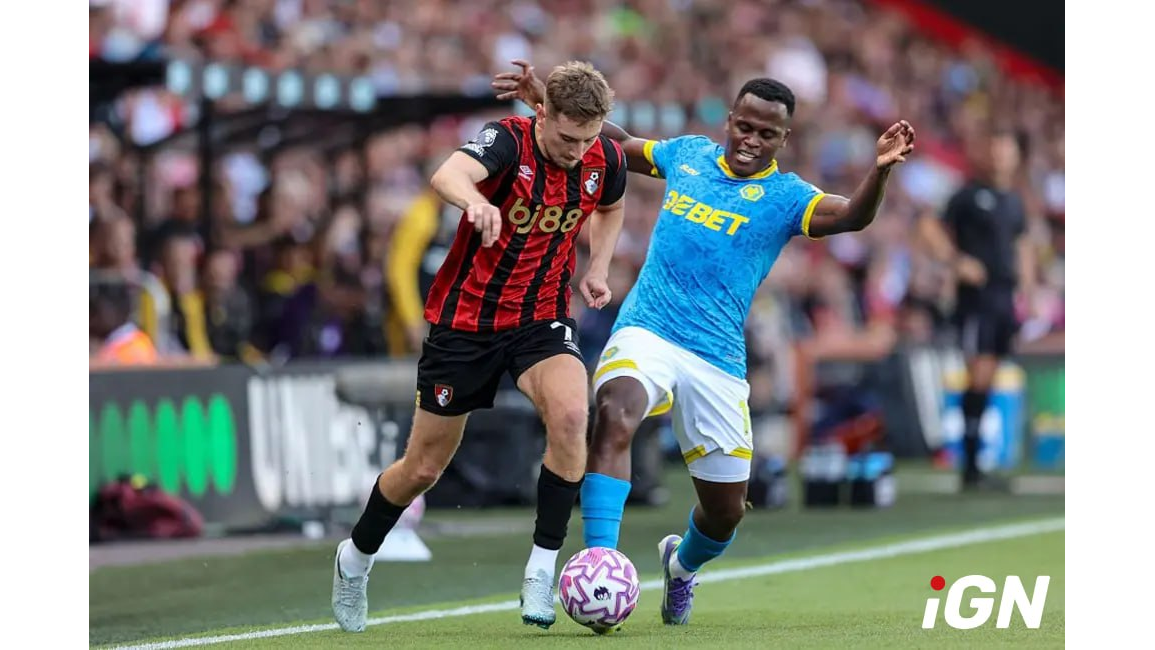UK Records 27.4K Gambling Mentions During Premier League 2025/26 Opening Weekend

The University of Bristol has released a study on gambling advertising during the opening weekend of the 2025/26 Premier League season (15–18 August). This is the third consecutive year researchers have monitored gambling exposure across live broadcasts, Sky Sports News, TalkSport radio, and social media.
Advertising Scale: Numbers and Trends
Over four days, researchers recorded 27,440 gambling-related mentions — slightly fewer than last year’s 29,415, but nearly triple the 2023 figure. The findings show that football fans remain exposed to an overwhelming volume of gambling ads despite existing restrictions.
| Metric | Value |
|---|---|
| Total mentions | 27,440 (-6.7% vs 2024, +149% vs 2023) |
| Broadcast appearances | 21,815 (on billboards, stadium signage, shirts) |
| Average per minute | 12.6 (across 29 hours of coverage) |
| Most exposed match | Wolverhampton vs Manchester City (5,262 mentions, 91% during play) |
| At least one logo on screen | 33% of airtime |
| Whistle-to-whistle period | 13,262 mentions (+32% YoY) |
| Unlicensed operators | 2,412 mentions (13 brands, 10% of total) |
| Unlabelled social media posts | 42% of all content |
| Posts outside ASA jurisdiction | 371 (38%), over 30K on annual projection |
| Social ad views | 34 million (+42% YoY) |
| Number of operators | 43 (+39% vs 2024) |
Whistle-to-Whistle Ban: Real Protection or Mere Formality?
The whistle-to-whistle policy, introduced in 2019, prohibits gambling ads on TV from five minutes before kick-off until five minutes after the final whistle, up to 9 p.m. However, it does not cover logos on shirts, stadium displays, or digital streams.
The study found the policy largely ineffective: more than 13,000 gambling references were recorded during the restricted window — a 32% increase year-on-year. Gambling company logos continue to dominate screens throughout live matches.
Experts and Lawmakers Speak Out
- Dr. Raffaello Rossi, project lead and senior lecturer at the University of Bristol, stated that self-regulation has failed, arguing that voluntary codes protect profits, not fans
- Sir Iain Duncan Smith, chair of the Gambling Reform Group, called the level of advertising “staggering,” saying the restrictions are “barely enforced”
- Lord Foster of Bath added that the ASA remains a “toothless body” unable to protect audiences, including children, from gambling-related harm
The Issue of Unlicensed Operators
Roughly one in ten ad appearances (2,412 mentions from 13 brands) came from companies not licensed in the UK — a direct breach of the Sponsorship Code of Conduct. This highlights how ineffective self-regulation remains, with even industry players ignoring their own rules.
Social Media: The Weakest Link in Regulation
The situation was even more concerning on social platforms. 42% of organic posts lacked “ad” disclosure, violating the CAP Code. Because many gambling brands are based overseas, 38% of posts (371 in total) fell outside ASA oversight — equivalent to over 30,000 annually.
Gambling ad impressions on social media reached 34 million, a 42% increase from last year. Researchers warned this points to rising reach and engagement, especially among underage users.
Public and Industry Reactions
Former England goalkeeper Peter Shilton, who has spoken openly about his own gambling addiction, described the results as “unacceptable.” He said football gambling promotion has reached saturation levels and now affects children. Together with his wife, he supports a research initiative calling for urgent government action.
The study is part of the Bristol Hub for Gambling Harms Research series, whose previous findings have already shaped government policy and consumer protection efforts. The full results will be presented on 16 October at the centre’s third international colloquium.
